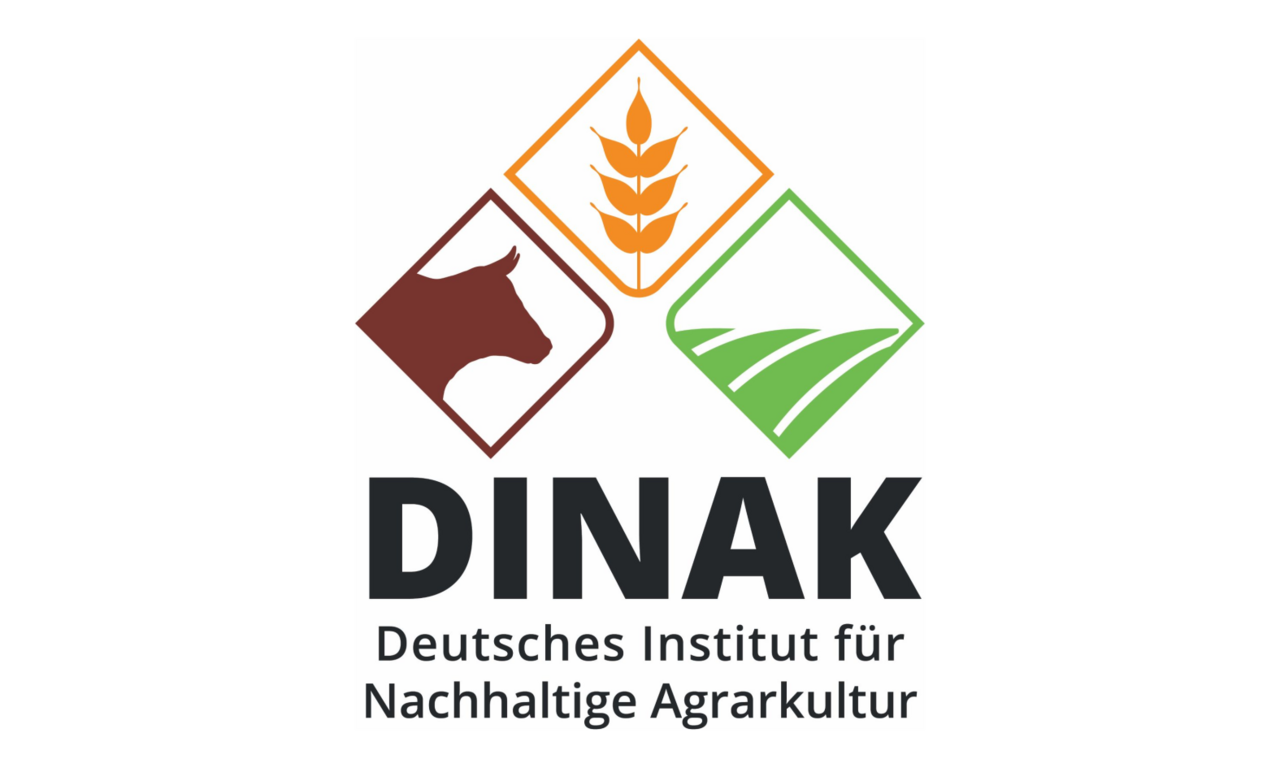
Business planning, controlling and risk management
The environment for agricultural companies has changed fundamentally. In particular, volatile prices, declining support measures and extreme weather conditions are placing new and higher demands on management. In the future, managing directors of agricultural companies will have to be even more entrepreneurs in the truest sense of the word – that means acting instead of just reacting.
The prerequisite for this is, among other things, to know one's own strengths and weaknesses, to draw up comprehensive operational planning and to establish controlling and risk management based on this.
Operational planning
- Based on the analysis of the entrepreneurial development of the past years, the operational planning records the economic development for the next years. This is often based on a detailed analysis of the strengths and weaknesses of the individual business sectors, such as arable farming, dairy farming or pig production.
- Among other things, farm planning forms the basis for the company's own economic activities and discussions with financing partners.
- Performance-based remuneration systems can also be implemented in the company on the basis of operational planning.
- The contents of operational planning are profit planning (planning of the profit and loss account) and liquidity planning.
An existing operational plan is a good basis for evaluating the impact of changing business and production conditions on the company's results within a scenario analysis.
Controlling
Controlling is a subarea of corporate management. It combines planning, monitoring and control of economic processes to form a control loop.
In most cases, controlling also involves setting up or maintaining cost center/cost unit accounting. Based on this, continuous operating branch/budget accounting can be created. This also enables continuous horizontal and vertical comparisons of operating figures.
Risk management
Risk management is an important part of corporate management. It comprises all measures for continuous and systematic risk identification, assessment and management.
Furthermore, risk management includes
- Determination of operational risk coverage
- Identification of operational risk potential
- Quantification of operational risks on the basis of probabilities of occurrence and damage potentials
- Discussion of measures to minimize, avoid, spread and pass on risks





